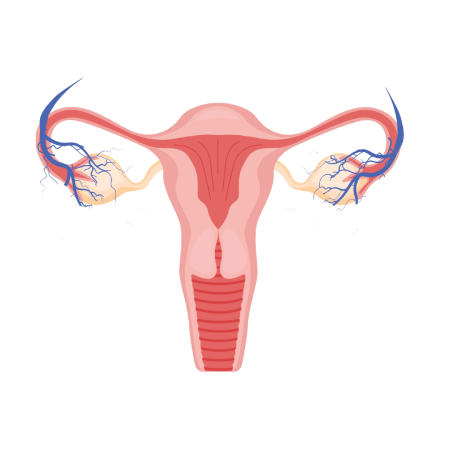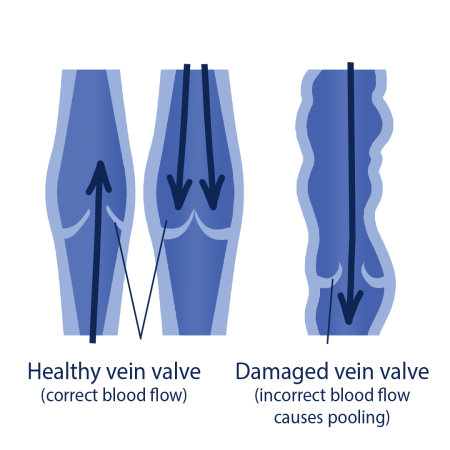San Antonio, TX
Texas Cardiac & Vascular Institute San Antonio
7402 John Smith Dr, San Antonio, TX 78229
Texas Cardiac & Vascular Institute Seguin
1255 Ashby St, Seguin, TX 78155
Texas Cardiac & Vascular Institute Corpus Christi
1533 5th St A, Corpus Christi, TX 78404
Contact info
-
(210) 817-4848(210) 817-4848
-
(210) 257-6949(210) 257-6949
-
7402 John Smith Dr7402 John Smith Dr
San Antonio, TX 78229
San Antonio, TX 78229
-
Monday-Friday: 8am-5pmMonday-Friday: 8am-5pm
Saturday-Sunday: Closed
Saturday-Sunday: Closed
SEGUIN, TX
Texas Cardiac & Vascular Institute San Antonio
1804 NE Loop 410 Suite #102 San Antonio, TX 78217
Texas Cardiac & Vascular Institute Seguin
1255 Ashby St, Seguin, TX 78155
Texas Cardiac & Vascular Institute Corpus Christi
1533 5th St A, Corpus Christi, TX 78404
Contact info
-
(830) 590-8049(830) 590-8049
-
(806) 701-6295(806) 701-6295
-
1255 Ashby Street1255 Ashby Street
Seguin, TX 78155
Seguin, TX 78155
-
Monday-Friday: 9am-4pmMonday-Friday: 9am-4pm
Saturday-Sunday: Closed
Saturday-Sunday: Closed
Corpus Christi, TX
Texas Cardiac & Vascular Institute San Antonio
1804 NE Loop 410 Suite #102 San Antonio, TX 78217
Texas Cardiac & Vascular Institute Seguin
1255 Ashby St, Seguin, TX 78155
Texas Cardiac & Vascular Institute Corpus Christi
1533 5th St A, Corpus Christi, TX 78404
Contact info
-
(361) 266-2233(361) 266-2233
-
(877) 414-0825(877) 414-0825
-
1533 5th Street Suite A1533 5th Street Suite A
Corpus Christi, TX 78404
Corpus Christi, TX 78404
-
Monday-Friday: 8am-5pmMonday-Friday: 8am-5pm
Saturday-Sunday: Closed
Saturday-Sunday: Closed






